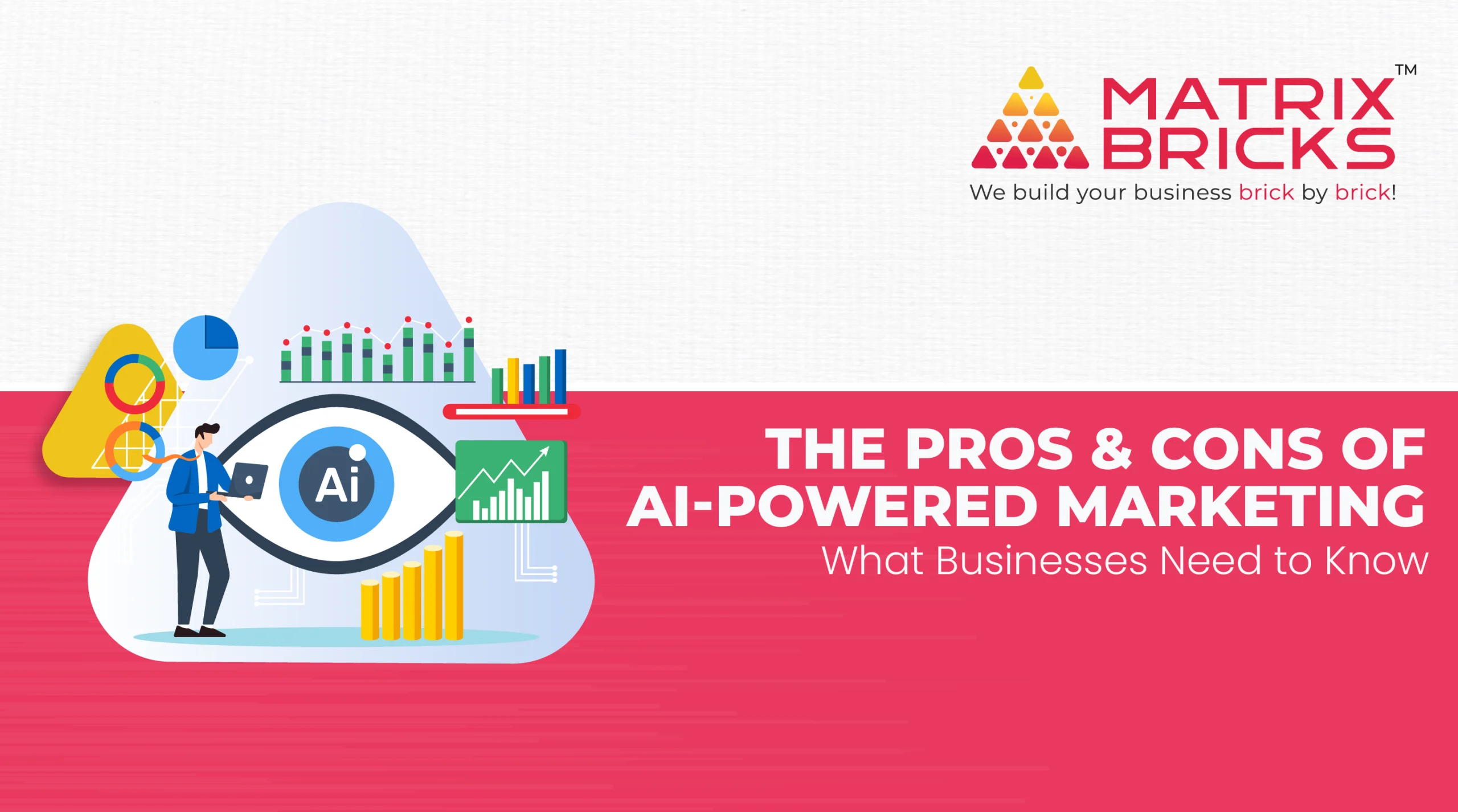
Introduction:
In the ever-evolving landscape of digital marketing, Facebook remains a powerhouse, providing businesses with a dynamic platform to reach their target audience. Central to this success is the intricate algorithm that governs the display and distribution of ads on the platform. However, cracking the code of Facebook Ads algorithm changes has become a perpetual challenge for marketers. In this article, we will delve into the complexities of deciphering Facebook Ads algorithm changes, understanding the reasons behind them, and exploring strategies to adapt and thrive in this dynamic environment.

The Constant Evolution of Algorithms:
Facebook’s algorithm is not static; it’s a living, breathing entity that undergoes frequent updates to enhance user experience and maintain the platform’s relevance. As the social media landscape evolves and user behavior changes, so does the algorithm. Understanding that algorithm changes are an intrinsic part of the platform is the first step in navigating the challenges they pose to advertisers.
User-Centric Prioritization:
One of the primary motivations behind Facebook’s algorithm changes is the platform’s commitment to prioritizing user experience. As Facebook continues to grow, the algorithm aims to deliver content that is more relevant and engaging to individual users. This user-centric approach often involves adjusting the weight given to different types of content, including ads, based on user interactions and preferences.
Marketers must align their strategies with this user-centric focus, creating ads that are not only visually appealing but also resonate with the interests and preferences of the target audience. By doing so, advertisers can enhance the likelihood of their ads being prioritized by the algorithm and reaching the intended audience.
Quality Over Quantity:
Recent algorithm changes on Facebook have underscored the importance of content quality over quantity. The algorithm now places a premium on meaningful interactions and relevant content. This means that businesses need to move beyond a sheer numbers game and focus on creating high-quality, engaging ads that prompt meaningful engagement.
To adapt to this shift, marketers should prioritize creating content that sparks conversations, shares, and genuine interest. By fostering authentic connections through their ads, businesses can navigate algorithm changes successfully, ensuring their content remains relevant in users’ feeds.
Diversification of Ad Formats:
Facebook continuously introduces new ad formats to keep the platform dynamic and engaging. Algorithm changes often coincide with the introduction of these formats, influencing how different types of ads are prioritized. Marketers need to stay abreast of these changes and experiment with various ad formats to understand what resonates best with their audience.
Diversifying ad formats not only aligns with Facebook’s algorithm preferences but also allows businesses to cater to different user preferences. Carousel ads, video ads, and interactive content can offer unique opportunities to capture attention, fostering a more diverse and engaging ad strategy.
Data Privacy and Targeting Changes:
As privacy concerns become more prominent, Facebook has implemented changes to its ad targeting options to enhance user privacy. These changes limit the amount of user data available for ad targeting, impacting the precision of targeting options that marketers once enjoyed.
In response to these alterations, businesses need to revisit their targeting strategies and explore alternative methods, such as contextual targeting or leveraging first-party data. Building a strong understanding of the target audience and refining targeting parameters can help advertisers maintain effective campaigns despite the evolving landscape of data privacy and targeting changes.
Continuous Monitoring and Adaptation:
Cracking the code of Facebook Ads algorithm changes is an ongoing process. Marketers must adopt a mindset of continuous monitoring and adaptation. Regularly analyzing the performance of ads, staying informed about algorithm updates, and adjusting strategies accordingly are essential to remaining competitive in the dynamic digital advertising ecosystem.
Utilizing tools and analytics provided by Facebook can offer valuable insights into the performance of ads and help marketers understand how algorithm changes impact their campaigns. By staying vigilant and responsive, businesses can stay ahead of the curve and make informed adjustments to their advertising strategies.

Conclusion:
Deciphering Facebook Ads algorithm changes is a complex yet essential task for marketers aiming to succeed on the platform. By recognizing the constant evolution of algorithms, prioritizing user-centric approaches, focusing on content quality, diversifying ad formats, adapting to data privacy changes, and embracing a continuous monitoring mindset, businesses can navigate the challenges posed by algorithm updates and thrive in the dynamic world of Facebook advertising. Ultimately, success lies in understanding that algorithm changes are not obstacles but opportunities to refine and optimize strategies for better engagement and effectiveness in reaching target audiences.





